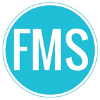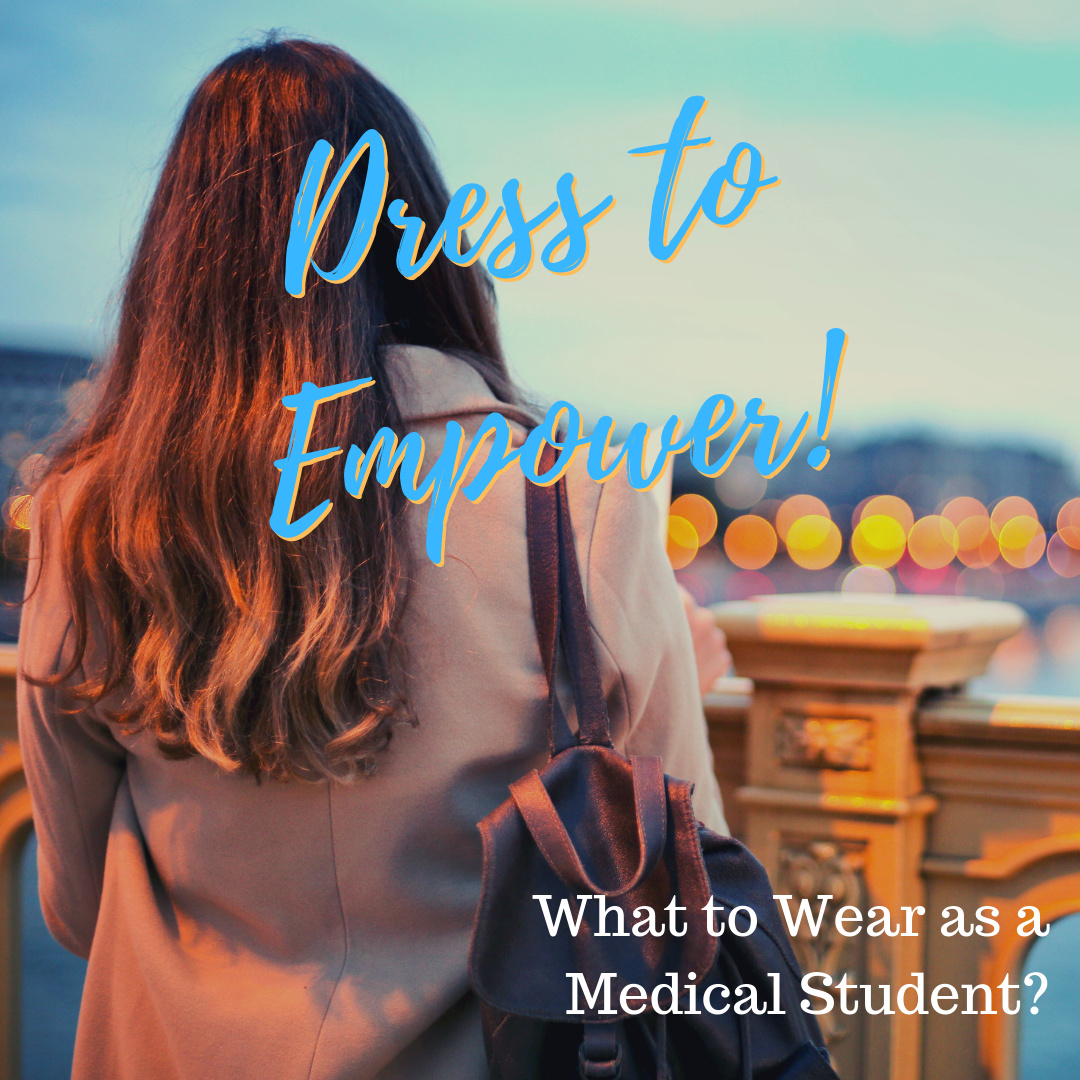The first few weeks (and some advice)…
So, I started a couple weeks ago at pretty much the best FM residency in the country (I may be a bit biased). But, it truly is amazing. We start out with a month of rotating around and getting to know the different rotations and expectations. This week I was on maternal child health which is an amazing form of OB where I get to see the babies too! I get to go back tonight too. Next week I am on the inpatient service. I have already learned so much and the senior residents really give us great insight into each rotation. I have never felt alone, and I feel like everyone is invested in my education. I have talked to some classmates in other programs and I feel pretty lucky we have all this support in the beginning.
In addition to all this awesome learning that has occurred, I have found myself busier than I have ever been in the past two years. (I really lucked out towards the end of school with some relaxing rotations.) This has set me up for a great start to intern year, but I do have some random advice that I’ll give to you in list format because that’s how my brain works now.
This will probably be helpful for the beginning of intern year, but looking back, I think I could have used some of this when I was a student.
- Make lists. And put stuff in order of when it needs to get done. I’m not a fan of procrastination, but I’ve quickly realized my current method of getting everything done at once isn’t practical. You can’t call patients with normal lab results at 2 am. They don’t appreciate it. My attendings and residents have been helpful with figuring out how to prioritize things.
- Get a blender. Seriously. It’s amazing. I have a ninja and I leave every morning with a shake. I drink it while rocking out on my way to work. And I’m full till I get lunch usually. Which brings me to my next point…
- Bring snacks. Sometimes you don’t have time to go to the cafeteria. Sometimes it is closed. Or the stupid vending machine won’t take your wrinkly dollar. And sometimes you’re just too poor. I found these go picnic box lunches at target. They are amazing and don’t need to be refrigerated.
- Stay organized. This is so important. From patient data to your house. Putting in some extra time when you’re a little tired will save you hours later. If you’re organized and methodical you won’t have to go look up those labs again or try to figure out what your plan was. I know everyone has a different way of staying organized. For inpatients, I have a system I’m happy to share.
- Remember those colored pens you bought for board prep? Buy more. You’re going to need them. I take notes the same way I learned during boards. And when I don’t know about a diagnosis or treatment I map it out. It makes me feel awesome because for the next patient I’ll know it.
- Get some accordion files. I have one that I keep in the clinic for outpatient management and one for inpatient. I am getting another one for OB and one for peds too. They can store protocols, articles to read, and notes. And everything is much easier to get to than a binder. I just throw the file I need in my bag before I leave.
- Bring stuff for call nights. Mainly underwear. My senior told me this about my first night on call for OB. And she was right. You can always find clean scrubs after you get covered in amniotic fluid, but you might want to change your underwear too. I have a little bag of basics in my car. I always have a pair of underwear and clean socks, toothbrush/toothpaste, mouthwash, makeup remover wipes, chapstick, shampoo/conditioner, body wash, lotion, hairbrush and hair elastics, snacks, caffeine, and jolly ranchers.
- And, if you didn’t learn this last one in med school… You should have. Your nurses are awesome. And they are their to teach you too. Introduce yourself to them. They have a ton of experience. You are rotating through their service. Many of them have been there for 20+ years. They are usually happy to teach you if you are interested. And they know more about your patient than you do, so read their notes.
- Last but not least… Know how awesome you are. Seriously, you’re amazing. My program director is always telling us this, and I’m starting to understand why. You are becoming a family doctor. You are learning something truly amazing. Your patients are lucky to have you.
Good luck! You’re doing amazing things!




